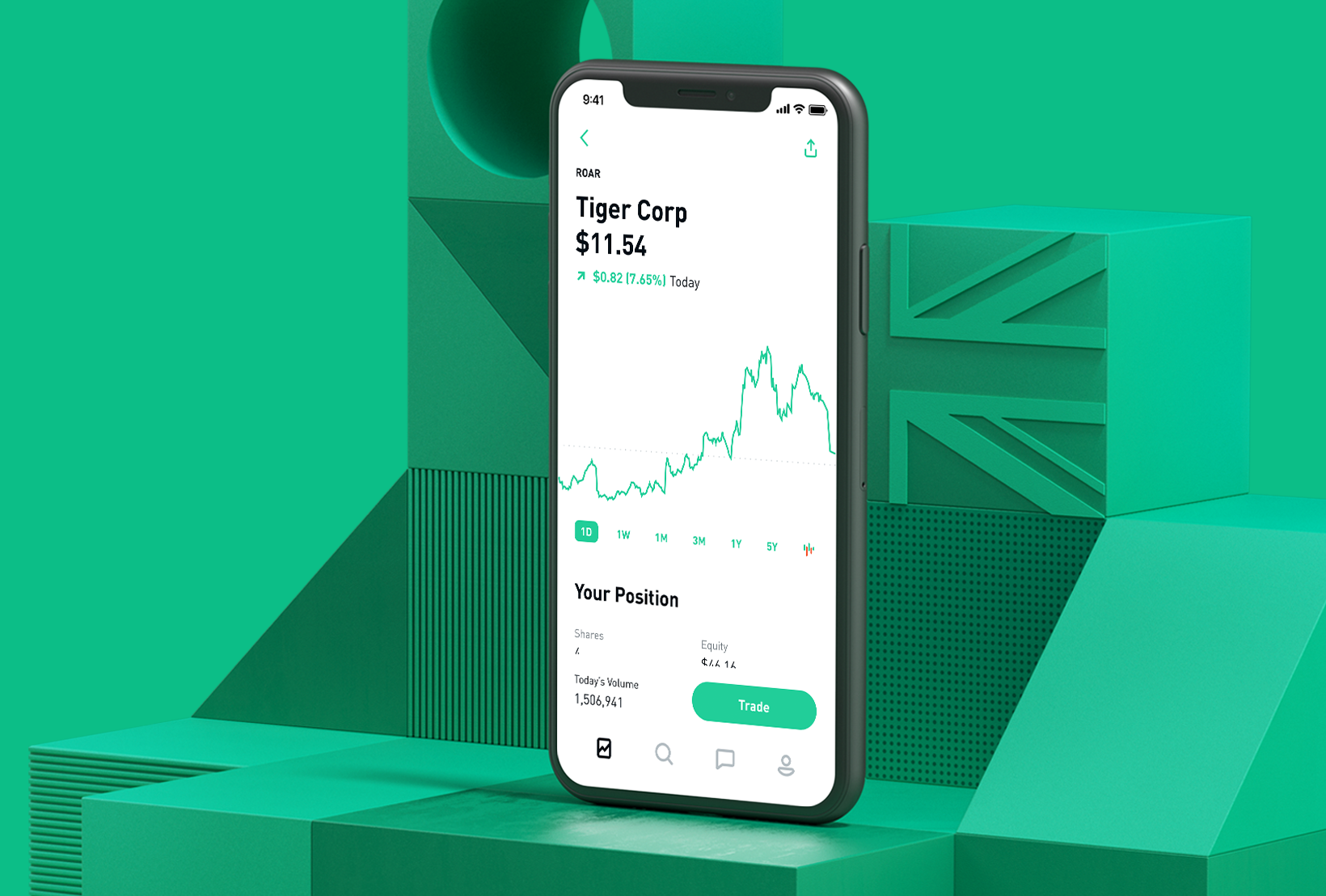
Source: The Economic Times
Margrethe Vestager, Vice President of the EU Commission presented a range of new digital rules for the bloc in late 2020, comparing it to traffic lights first bringing order to American Streets. On Saturday, April 23, she presented the digital traffic lights for the 21st century on a video message on Twitter. The negotiators of the EU Council, representing the bloc’s 27 members, along with the European Parliament struck a deal on new legislation, the Digital Services Act (DSA).
It’s a wrap! We have a deal on the #DSA! Two years after we tabled the proposal 🙏 @SchaldemoseMEP and @cedric_o – and our amazing teams – for great cooperation 🇪🇺 pic.twitter.com/8V8xE5Yw7w
— Margrethe Vestager (@vestager) April 23, 2022
The act is expected to put into practice what Vestager has visibly stressed upon- What’s illegal offline, should be illegal online too. Hate speech, fake news, terror propaganda, along with selling of fake products, are only some examples of why many refer to the internet as a “digital Wild West.” Thierry Breton, the Commissioner responsible for the bloc’s internet market called it so. With this act, the EU hopes to pressurise big techs such as Google and Facebook, more to take down content appearing illegal.
From now on, users will have the chance to mark content that is harmful or illegal. Once into force by the year 2024, DSA would force tech giants to delete illegal content more quickly. However, critics showed concerns over the EU not setting clear limits for removal. Previously, digital activists complained that pressurising the sites to take down such content in a short span of time could threaten free speech.
“An overly stringent rule might cause problems,” said Scott Marcus, a digital policy researcher, in early days when there could be a large number of requests.
Online shopping platforms like Amazon would have to keep a check on counterfeit products sold on their platform. To make sure they are less in number, they have to conduct detailed checks of information given by traders. Moreover, DSA would prohibit ‘dark patterns,’ meaning platforms would not be permitted to show one option more prominently than another. Additionally, EU would prohibit personalised ads that target minors, along with putting on a limit on use of sensitive personal data by advertisers.
Crucially, the DSA would compel big tech platforms to make their use of algorithms more transparent than before. Facebook, Twitter, and other networks make use of algorithms to offer content to users relevant to what they had been doing.
Tech giants that have more than 45 million users in the EU, like Google, Twitter, Facebook, Microsoft and Amazon, would have stricter obligations. Breaking of any of these rules could possibly impose fines of up to 6% of the firm’s entire global turnover.











